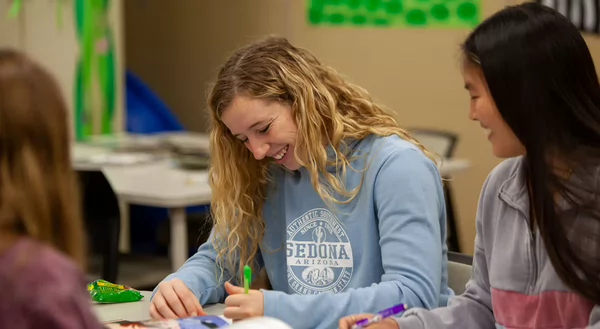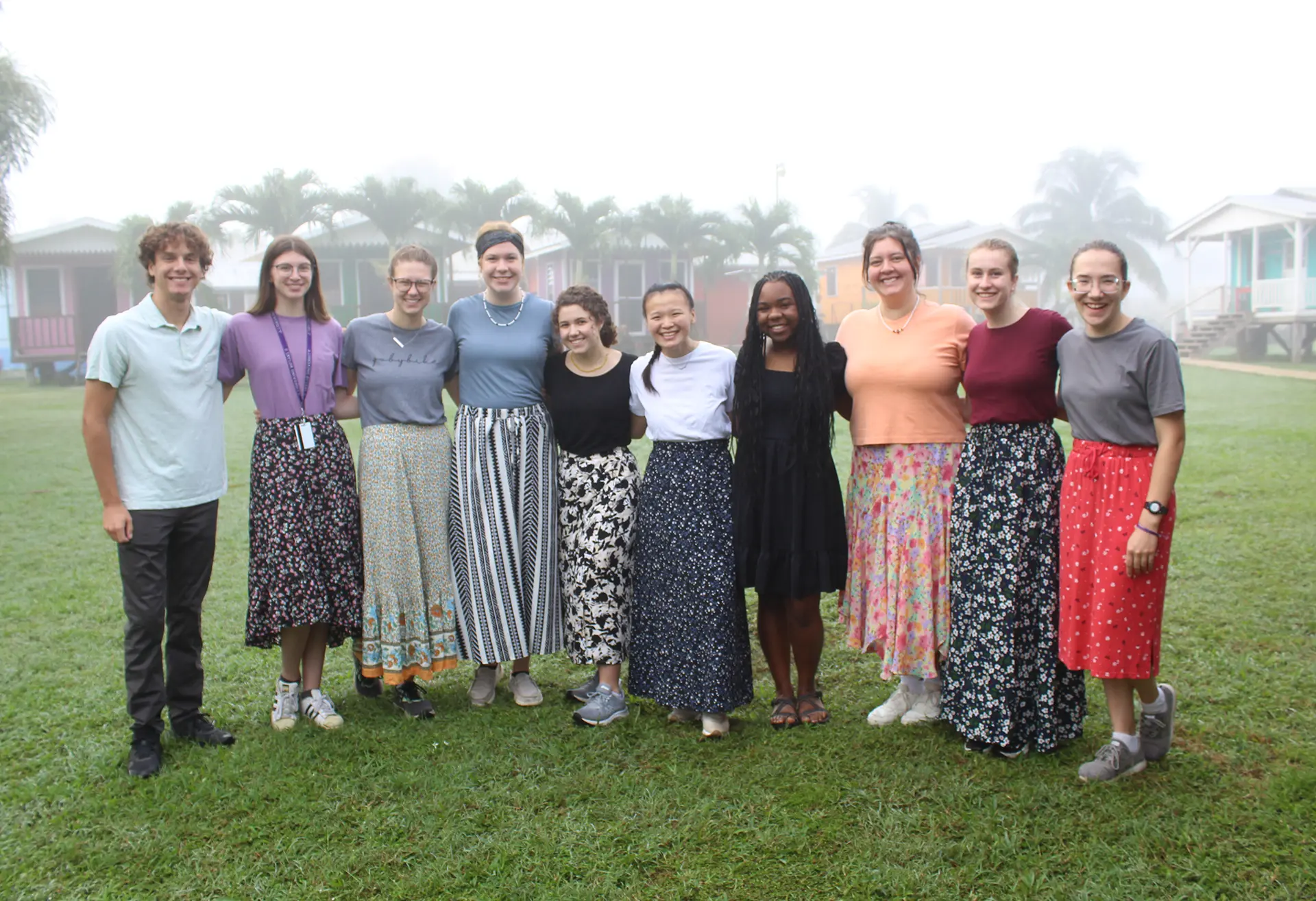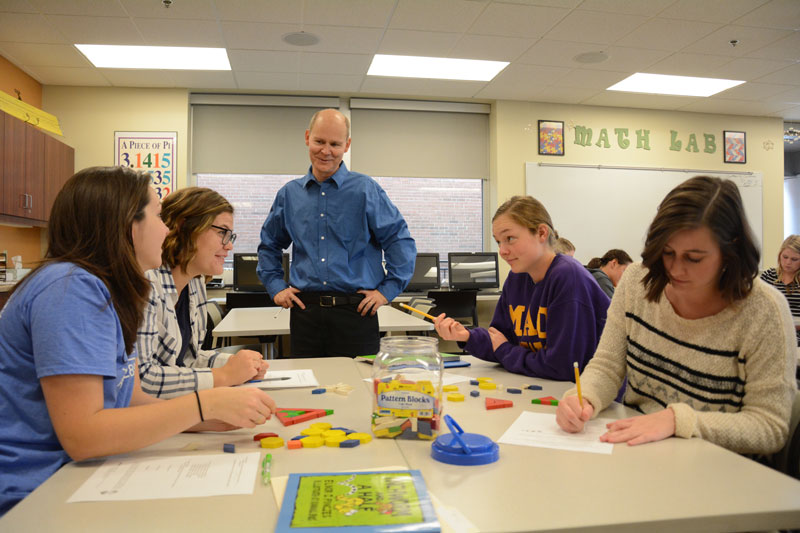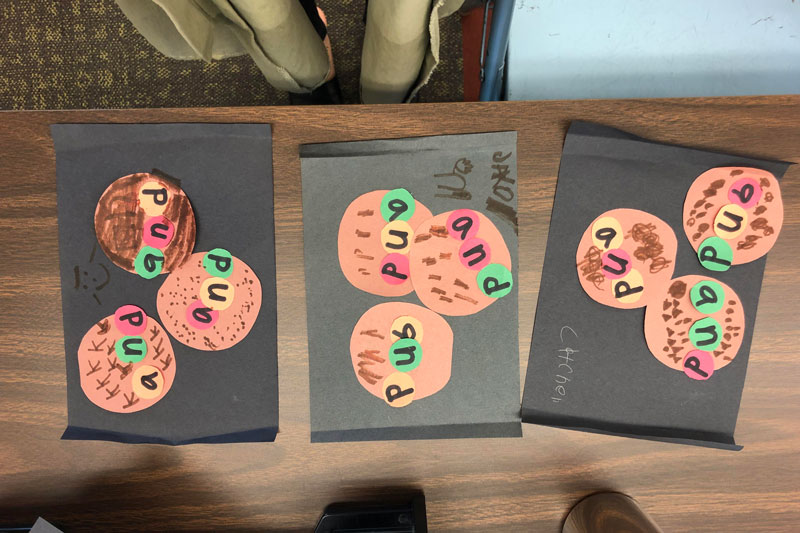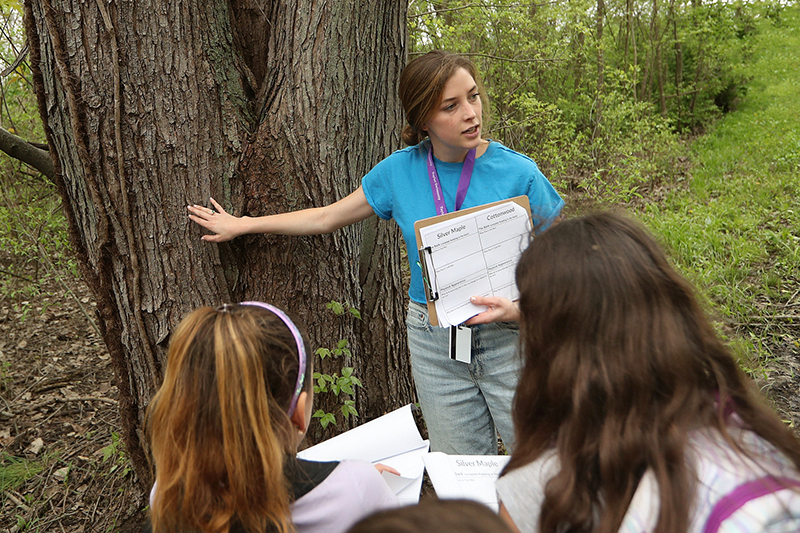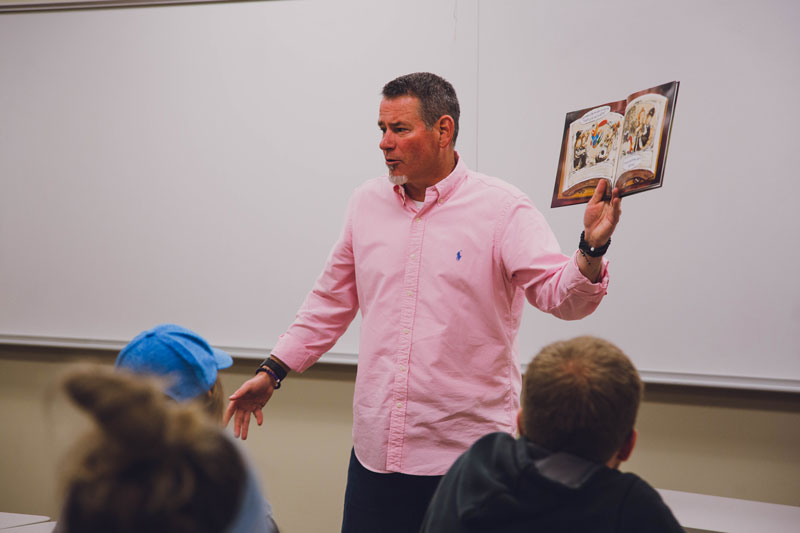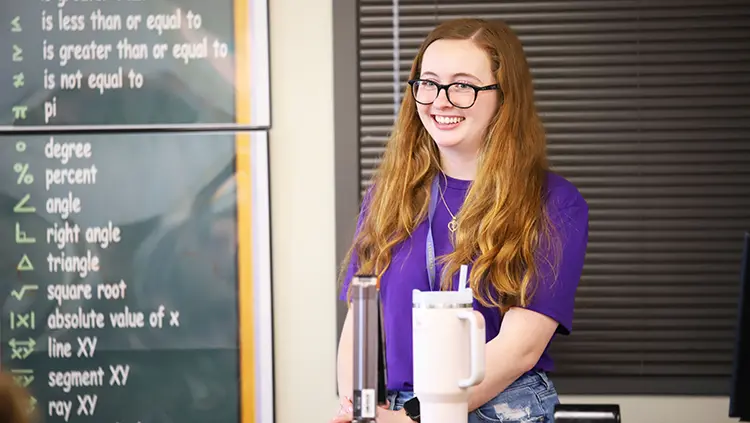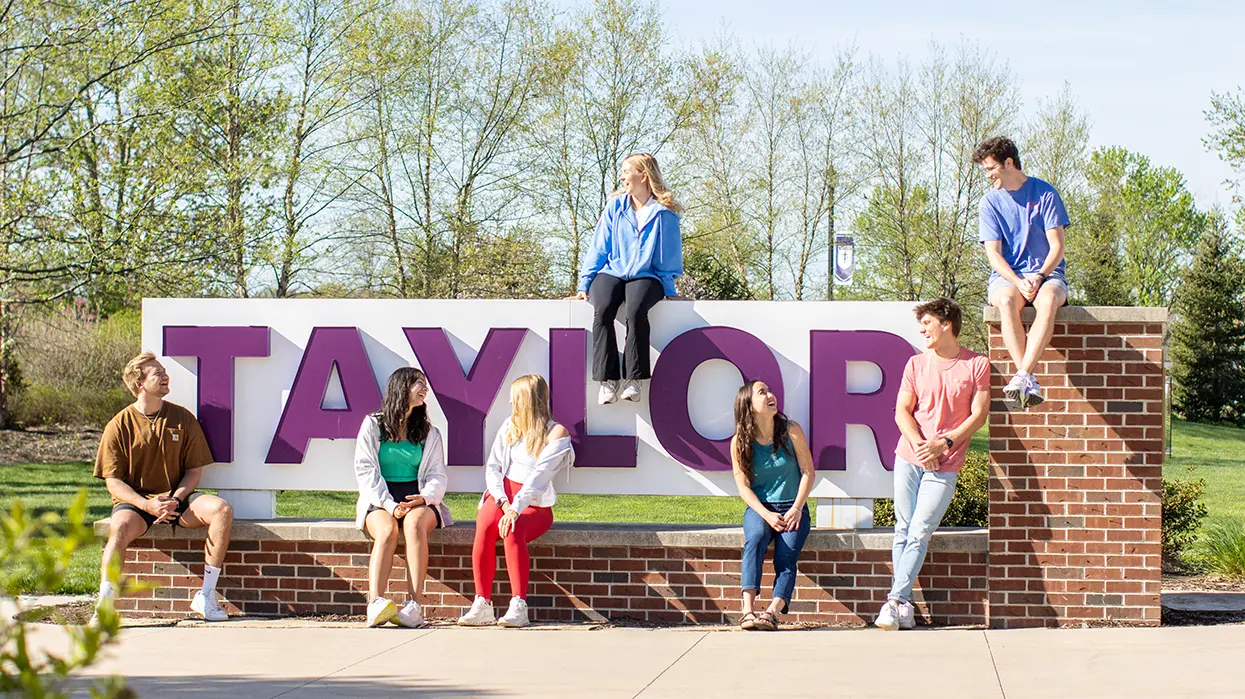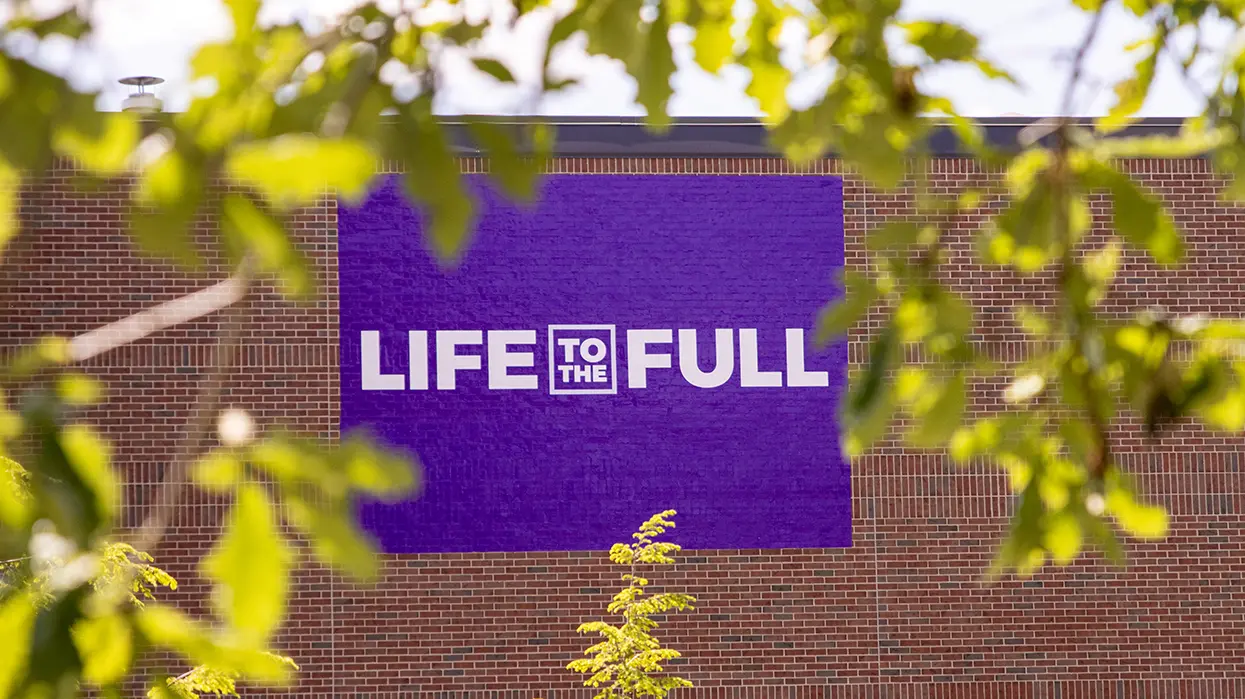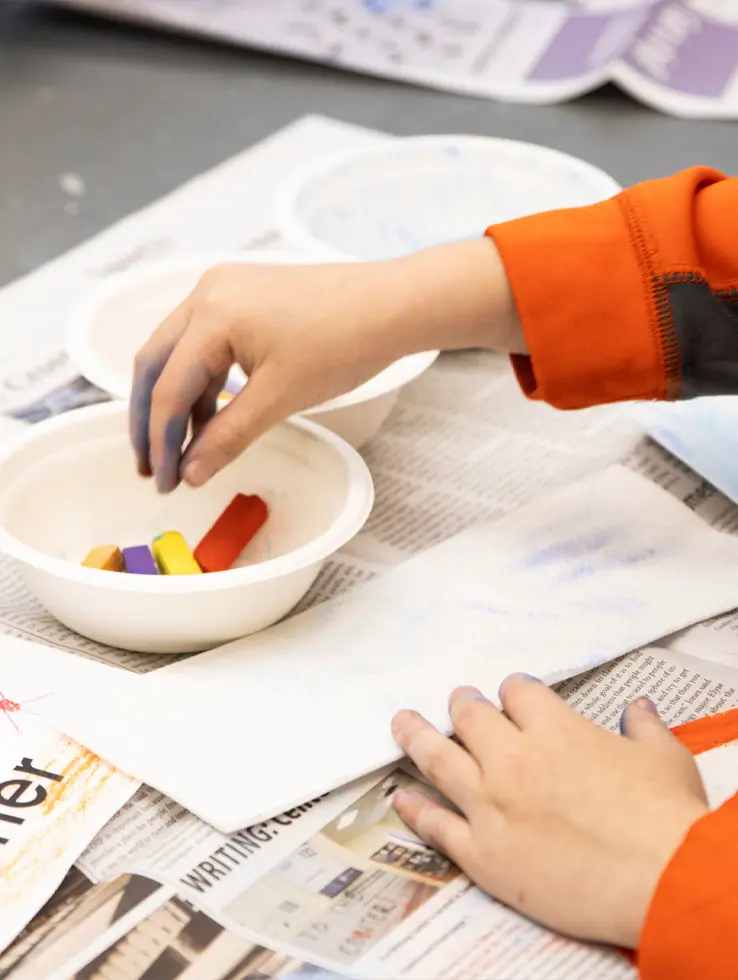Mentored by Experienced Faculty
Our dedicated faculty do more than provide instruction—they model how to be engaging teachers and provide opportunities for students to gain interactive teaching experiences. Professors demonstrate a key teaching practice: building relationships with students.
They maintain an open-door policy to encourage students to stop by and chat about their lives, providing scripture and prayer to support them.
Faculty often host events and meals in their homes. They are committed to helping every student grow – professionally, mentally and spiritually.

